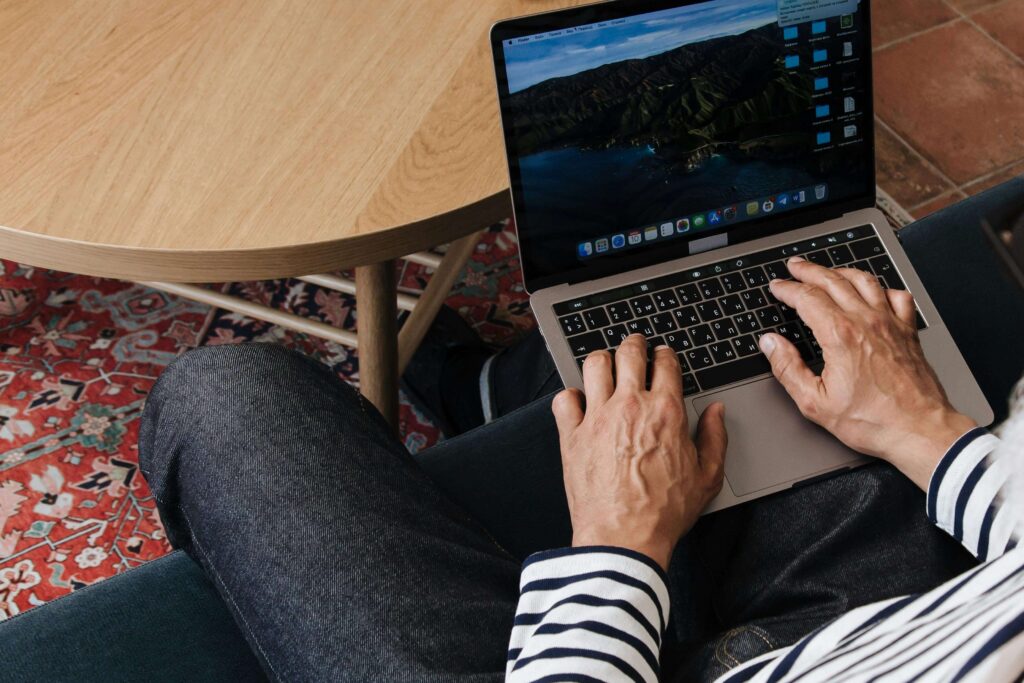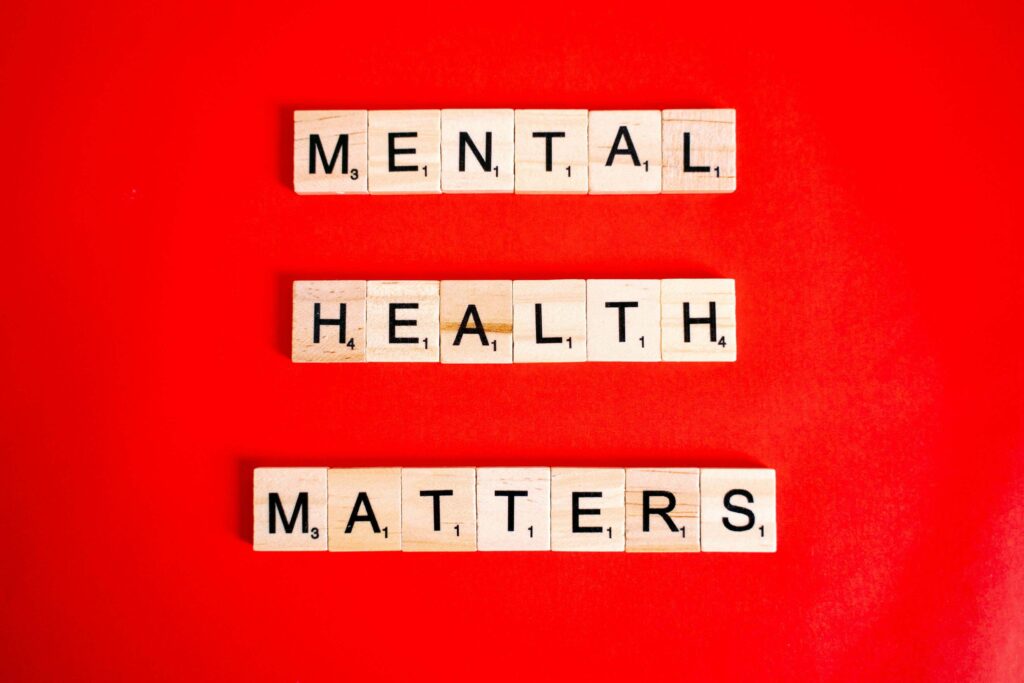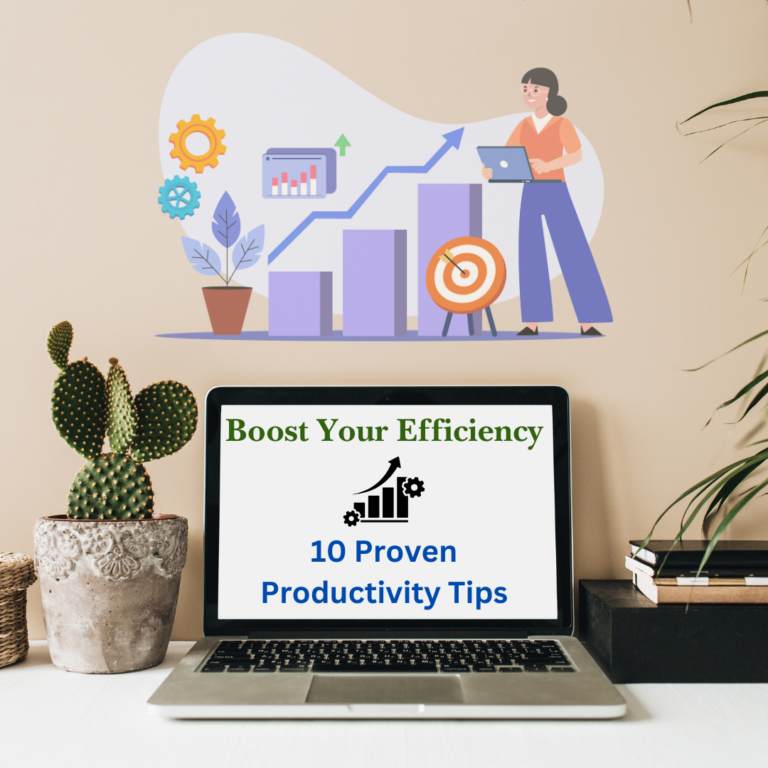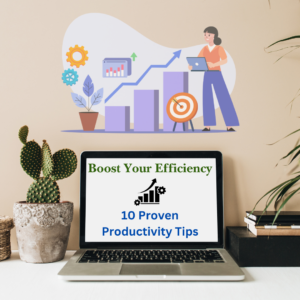The Importance of Time: Understanding Its Role in Work-Life Balance
What is the most essential aspect of our lives? The answer is ‘time’. Our lives are essentially a collection of moments. Therefore, we must accomplish our tasks within our limited time maintaining work-life balance. As our society is progressing, everything is speeding up. In trying to keep pace with this speed, we prioritize our work lives over our personal lives.
And the use of technology in our daily lives is ever-increasing. Instead of spending time resting at home or with our loved ones we often waste that time checking our work emails. This is why managing work-related stress is pivotal to maintain a healthy and happy life.
Defining Work-Life Balance: The Critical Difference Between Work and Personal Life
In this way, the most important aspect of our lives—time—is slipping away from us. If we cannot manage the pressures of our work lives effectively, if we fail to harmonize the balance of work and life, our productivity will surely decline, we will suffer from mental stress, and ultimately, our health will deteriorate. What does work-life balance actually mean? It is the difference between how much time you spend in your professional life and how much time you allocate to what matters to you outside of work. Your work life is just as important as the life you lead outside of work, whether it’s personal interests, hobbies, or cherished relationships.

How Technology is Complicating Work-Life Balance and Increasing Stress
In today’s technological era, the challenges of achieving work-life balance have increased personal stress levels significantly. According to the American Institute of Stress, nearly 83% of working individuals in the country are suffering from work-related stress. The World Health Organization (WHO) has reported that stress, anxiety, and depression are the leading causes of decreased productivity, which collectively costs the global economy nearly $1 trillion annually. A 2019 study by the International Labour Organization (ILO) found that 41% of European workers reported that mobile technology had increased their working hours and made it more challenging to disconnect from work. A 2021 Gallup survey revealed that 44% of American workers regularly check their work emails outside of official hours, contributing to their mental stress. Telus Health’s 2022 Mental Health Index showed that 85% of employees believe that work-related stress is increasing day by day due to digital changes.
Digital Age Challenges: The Struggles of Achieving Work-Life Balance
Today, with advancements in technology, working from home has become quite routine especially after the pandemic of Covid-19. This has significantly diminished the distinction between our personal and professional life. Sometimes, while working in the bedroom or dining room, home feels very much like an office. Many employees end up working beyond their designated hours while working from home, thus losing precarious time from their lives.
Creating Clear Boundaries: Essential for a Healthy Work-Life Balance
Setting clear boundaries between work hours and personal time is a solid work-life balance strategy. Even while working from home, start by establishing a specific working schedule similar to that in the office. For example, create a timetable that allows you to work from 9 AM to 5 PM. Outside of this time-frame, avoid office work unless absolutely necessary. It’s also important to designate a specific space in your home for your office work, where you can focus solely on your tasks. This promotes a clear mental boundary between your professional and personal life.

Effective Communication: Key to Managing Work-Life Boundaries
Discussing these rules with colleagues and family at the beginning is equally important. Inform your office team about your working hours. Specify when you will be available for meetings, emails, or other related tasks. Similarly, let your family members know when you will be working and ask them not to disturb you during this time. In this way, you can create a balanced and stress-free environment that helps you give equal importance to both aspects of your life.
Conscious Technology Use: Strategies for a Balanced Digital Life
Controlling how much time you will spend on your phone daily is also an effective strategy for managing technology use in our lives. Many apps, such as Screen Time (iOS) and Digital Wellbeing (Android), help users track their usage. This allows them to identify which apps consume the most time. By setting daily limits for specific apps or overall screen time, you can allocate time to other activities in your life, increasing focus on your personal life. This conscious approach to technology use helps cultivate healthy habits, allowing for more time spent on personal and family life.
Creating Tech-Free Zones: Enhancing Family Time and Reducing Stress
In addition to tracking screen time, establishing technology-free zones or times at home is vital. Choose a specific area in your home, such as the dining room or bedroom, where no one is allowed to use their phones or other devices. You can also set a rule that all family members must disconnect themselves from screens during mealtime or for an hour before bed. These habits not only build stronger relationships but also contribute to overall well-being, helping to reduce mental stress and anxiety.
Health Matters: The Role of Exercise, Nutrition, and Sleep in Work-Life Balance
Regular exercise, healthy eating habits, and sufficient sleep play significant roles in achieving balance in both work and personal lives. Engaging in regular physical activity not only boosts energy levels but also enhances mental clarity and helps reduce stress. A healthy diet is equally essential for physical and mental well-being. It serves as a source of energy for the body and mind, improving focus and productivity during work hours. Similarly, adequate sleep is crucial for brain function, emotional regulation, and physical health, rejuvenating you and helping you perform at your best in the workplace.

The Power of Breaks: Boosting Productivity Through Rest
Taking regular breaks is crucial for revitalizing both body and mind amid daily work pressures. To maintain focus and enhance productivity, it’s advisable to take a 5-10 minute break every hour. These breaks help alleviate physical fatigue, provide rest for the brain, and reduce mental stress.
Embracing Work-Life Balance: A Journey Toward Well-Being and Fulfillment
In today’s fast-paced digital world, achieving a healthy work-life balance is more crucial than ever. The constant demands of work, coupled with the persistent influence of technology, can easily lead to overwhelming stress and diminished well-being. However, by implementing the strategies outlined in this post—setting clear boundaries, prioritizing self-care, and fostering open communication with both colleagues and family—you can reclaim your time and restore harmony between your professional and personal lives. By consciously managing your time and technology use, you can cultivate a lifestyle that not only enhances productivity but also enriches your relationships and personal fulfillment. Prioritize your well-being, and you’ll find that a balanced life leads to greater happiness, creativity, and overall success.
Ready to choose a diet plan? Read our Ultimate Guide to Popular Diets: Keto, Vegan, and Paleo Explained to find the perfect fit for your health goals.






